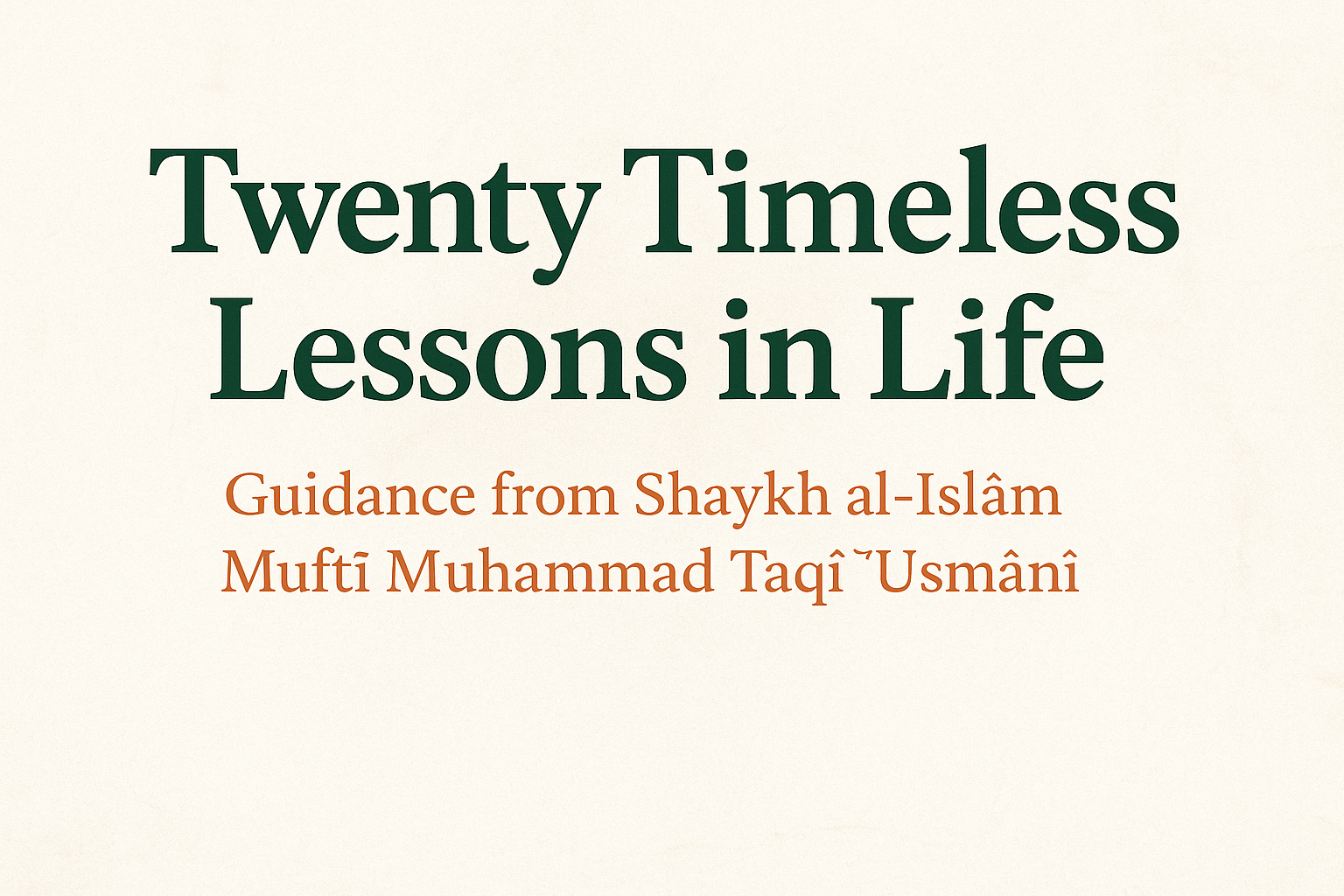Virtues of Reciting and Memorizing the Noble Qur’an
Reciting the Noble Qur’an regularly is highly recommended for every Muslim. Through this, one follows a blessed Sunnah of Islam. Allah ﷻ and His Messenger ﷺ have emphasized the significance and great reward of reciting the Qur’an.
“(إِنَّ الَّذِينَ يَتْلُونَ كِتابَ اللَّهِ وَأَقامُوا الصَّلاةَ وَأَنْفَقُوا مِمَّا رَزَقْناهُمْ سِرًّا وَعَلانِيَةً يَرْجُونَ تِجارَةً لَنْ تَبُورَ)”
– Surah Fatir: 29
Benefits of Reciting the Qur’an
- Increased rewards: Every letter earns ten good deeds, and Allah multiplies for whom He wills.
- Inner peace: Tranquility descends upon the reciter, and the soul becomes humbled and comforted.
- High status: The reciter gains a noble and elevated rank in this world and the Hereafter.
Fruits of Consistent Recitation
Regular recitation aids in understanding the meanings of the Qur’an, embeds its principles into the heart, and helps develop a closer connection with Allah. The Qur’an teaches divine attributes, outlines halal and haram, and includes laws, guidance, and stories that offer moral lessons and reflection.
Most importantly, the ultimate goal of recitation is to earn Allah’s pleasure and attain reward in both worlds.
Is Reflection More Important Than Quantity?
Scholars have debated whether deep reflection (tadabbur) outweighs frequent recitation without reflection. Some argue that understanding is the main purpose of recitation:
“(كِتَابٌ أَنزَلْنَاهُ إِلَيْكَ مُبَارَكٌ لِّيَدَّبَّرُوا آيَاتِهِ وَلِيَتَذَكَّرَ أُولُو الْأَلْبَابِ)”
– Surah Sad: 29
The Prophet ﷺ would pause and reflect when reading, seek Allah’s mercy at verses of Paradise, seek refuge at verses of Hell, and glorify Allah at verses of praise. This was also the practice of the righteous predecessors.
Others believe that abundant reading brings more reward due to the sheer number of good deeds earned.
Reading from Memory vs. the Mushaf
- View 1: Reading from the Mushaf is better because it includes both recitation and the act of looking at the sacred script.
- View 2: Reciting from memory is better as it may encourage deeper reflection.
- View 3: It depends on the individual—whichever brings more focus and benefit is preferred.
Virtue of Reciting Qur’an in Prayer
The Prophet ﷺ gave glad tidings for reciting Qur’an during prayer:
“(أَيُحِبُّ أحَدُكُمْ إذا رَجَعَ إلى أَهْلِهِ أنْ يَجِدَ فيه ثَلاثَ خَلِفاتٍ عِظامٍ سِمانٍ؟ ... فَثَلاثُ آياتٍ يَقْرَأُ بهِنَّ أحَدُكُمْ في صَلاتِهِ، خَيْرٌ له مِن ثَلاثِ خَلِفاتٍ عِظامٍ سِمانٍ)”
- Reciting 3 verses in prayer is better than 3 fat camels.
- Reciting 100 verses at night = written among the devout (القانتين).
- Reciting 1000 verses = written among the Muqantareen (المقنطرين).
- Envy is allowed (in a good sense) for the one who recites Qur’an day and night.
- Missed nightly portion? One can make it up between Fajr and Dhuhr.
Virtues of Memorizing the Qur’an
- Unending reward and closeness to Allah.
- The Prophet ﷺ compared the reciter to a fragrant fruit:
“(مَثَلُ المُؤْمِنِ الذي يَقْرَأُ القُرْآنَ كَمَثَلِ الأُتْرُجَّةِ، رِيحُها طَيِّبٌ وطَعْمُها طَيِّبٌ...)”
- He is gathered with the noble angels (السفرة الكرام البررة).
- He ascends in Paradise according to what he memorized.
- He is adorned with a crown and garments of honor.
- The Qur’an intercedes for him on the Day of Judgment.
- He leads prayer and easily stands for night prayer.
The Virtue of Learning and Teaching the Qur’an
Memorizing the Qur’an is a communal obligation (fard kifayah) to preserve its transmission. Teaching it is also a communal obligation.
The Prophet ﷺ said:
“(وَما اجْتَمع قَوْمٌ في بَيْتٍ مِن بُيُوتِ اللهِ، يَتْلُونَ كِتَابَ اللهِ، وَيَتَدَارَسُونَهُ بيْنَهُمْ، إِلَّا نَزَلَتْ عليهمِ السَّكِينَةُ، وَغَشِيَتْهُمُ الرَّحْمَةُ وَحَفَّتْهُمُ المَلَائِكَةُ، وَذَكَرَهُمُ اللَّهُ فِيمَن عِنْدَهُ)”
Four great blessings descend upon such gatherings: tranquility, mercy, angelic presence, and Allah mentions them among those near Him.
Importance of Knowing the Virtues of the Qur’an
Knowing the Qur’an’s virtues increases one’s reverence, commitment, and regularity in reciting it. This strengthens faith, offers protection against Satan, and deepens understanding of Islamic rulings.
Virtue of the People of the Qur’an
The Qur’an grants honor to its people. They are known as “Ahl al-Qur’an”, and the Prophet ﷺ said they are:
“Ahlullāh wa khāssatuhu” (Allah’s people and His elite).
Respecting Qur’an memorizers is a means of respecting Allah. Their status is raised both in this world and the next.
The Names of the Qur’an That Reflect Its Virtue
- Al-Qur’an: The most recited Book.
- Al-Furqan: The Criterion – distinguishes truth from falsehood.
- Al-Kitab: The Written Book – compiled in scripture.
- Adh-Dhikr: The Reminder – a remembrance of Allah and life’s purpose.
“(إِلَّا تَذْكِرَةً لِّمَن يَخْشَىٰ)”
“(وَإِنَّهُ لَذِكْرٌ لَّكَ وَلِقَوْمِكَ)”
Each of these names highlights a unique aspect of the Qur’an’s magnificence and its central role in guiding humanity.



